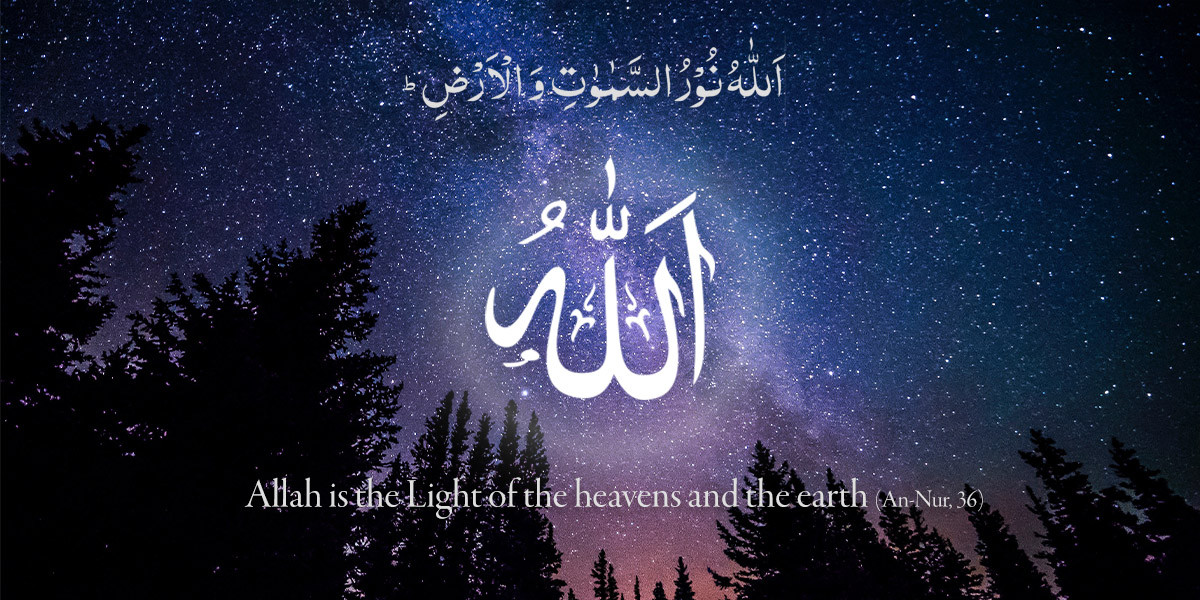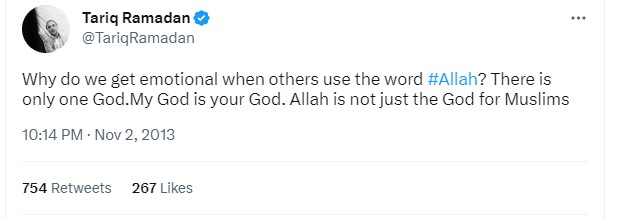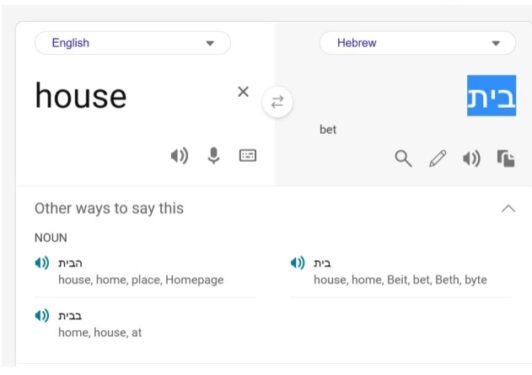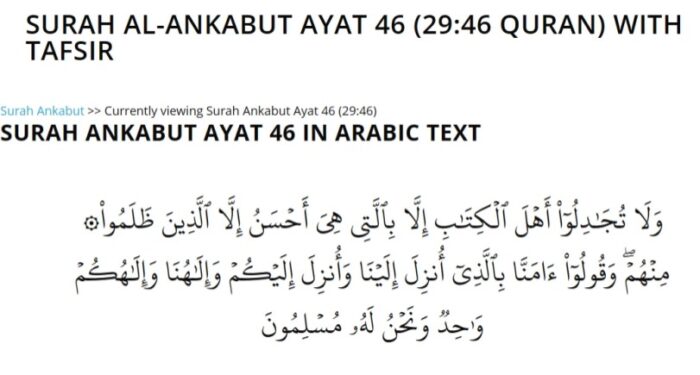
Use of “Allah” conundrum: A tough balancing act by the unity government

IT is all about striking a balance and finding the middle ground for Home Minister Datuk Seri Saifuddin Nasution Ismail.
In order for the country to move forward as a progressive Islamic nation, the narrative of the Madani government led by Prime Minister Datuk Seri Anwar Ibrahim has to be seen taking the middle ground.
It has to take into consideration the views of international Islamic scholars and the morphology of words especially since Ancient Hebrew, Aramaic and Arabic are all from the same language group.

Celebrated Swiss-Muslim theologian Dr Tariq Ramadan, for example, has taken to his Twitter account @TariqRamadan to ask his fellow Muslims, “Why do we get emotional when others use the word #Allah?”
Dr Tariq said the phenomenon is unique only with Muslims who have an “inferiority complex” and seeking to monopolise the use of the word “Allah,” an Arabic word for God.
Claiming exclusivity of certain Arabic words to Islam is to deny that similar words exist in ancient Hebrew and Aramaic used in the Old Testament script.
For example, the words אֱלָהּ אֱלָהִין (pronounced as Elah Elahin (in the book of Daniel 2:47) means “God of all gods”. The short form is El which appears as a compounded word “Bethel” which means the “House of God” (the Ancient Hebrew word for “house” is בית).

The word for God, Elah also exists in its different conjugations as Elahi (Elahe), Elohim, Elohai dan Eloi.
It is therefore, not surprising to hear the song “Puji Tuhan, syukur kepada Ilahi” being sung by East Malaysians and even churches in West Malaysia. Due to the extensive use of Bahasa Malaysia and the presence of East Malaysians in West Malaysia, churches have started to conduct services out of necessity in the national language.
Dr Tariq, who is a professor of contemporary Islamic studies at the Oxford University, has added the international pressure by prominent Islamic scholars worldwide on the government’s ban on the use of the word “Allah” by followers of other religious faiths.
Three other words which are subject to banning are Baitullahs (House of God), Solat (prayer) and Kaabah (most sacred Muslim pilgrim shrine).
In his recent statement on Facebook, even PAS president Tan Sri Hadi Awang had said that nobody, including those from faiths other than Islam – and even atheists for that matter – should be prohibited from using the word “Allah”.
He reiterated that “such is the right to religious freedom by people other than Muslims in the country”.
A verse from the Quran (Surah Al-Ankabut ayat 46) acknowledged that the use of the word “Allah” by Christians during the era of Prophet Mohamad SAW was acceptable even to the great prophet himself.

Credit: MyIslam.Org
In an earlier article we had looked at the morphology of words. In political Malaysia, everything is being politicised, especially by politicians who use racial and religious cards to achieve their political agenda.
Politicians can split hair over just one simple word such as ‘Rahmah’ without taking into consideration its origins in both Ancient Hebrew and Arabic.
Yesterday (May 16), the unity government made history by withdrawing its appeal against the High Court ruling that the past government had erred by issuing the 1986 ban on the use of the word “Allah” by non-Muslims.
In 2008, a Melanau Christian Jill Ireland had initiated an action for the return of her Malay-language Christian CDs purchased from Indonesia for her personal consumption but was seized by customs at the Kuala Lumpur Low-Cost Terminal (LCCT) because it contained the word “Allah”.
Sources say that the case was resolved amicably “in the interest of peace and harmony, mutual respect for Christians who, for centuries and over many generations, have used and esteemed the word “Allah”.
According to the source, Article 3, which provides that Islam is the religion of the Federal Constitution, does not derogate the constitutional right to religious freedom as guaranteed by Article 11, and equality and equal protection of the law under Article 8.
The Federal Constitution guarantees freedom to profess and practise religion. Such freedom does not, however, authorise any act contrary to the general law relating to public order such as the Penal Code. In the Jill Ireland case, the court held that the Printing Press and Publications Act is not such a type of general law that may be used to restrict religious freedom.
Article 11 on religious freedom provides that “State law and in respect of the Federal Territories of Kuala Lumpur, Labuan and Putrajaya, federal law may control or restrict the propagation of any religious doctrine or belief among persons professing the religion of Islam”.
However, neither Article 11 or the Printing Press and Publications Act limit the use of any words for the purposes of religions other than Islam.
Article 11 further provides that “Every religious group has the right – (a) to manage its own religious affairs; (b) to establish and maintain institutions for religious or charitable purposes; and (c) to acquire and own property and hold and administer it in accordance with law”.
In West Malaysia, several states enactments were made to control or restrict propagation of religion to Muslims. However, they also prohibited the use of the word ‘Allah’ and other religious terms by non-Muslims in the practise of their religion.
The Federal Constitution does not give power to allow states to restrict or control the profession and practice of non-Muslim religions within their own faith communities, except when used in the context of propagating to Muslims.
Lawyers said that although states can take steps to enforce the enactments, ultimately it is the courts that will decide on these cases based on the constitutional provisions on religious freedom and the power given to states to control or restrict propagation to Muslims. The two issues must not be mixed.
The Cabinet will be discussing the issue today in its weekly meeting. – May 17, 2023
No comments:
Post a Comment